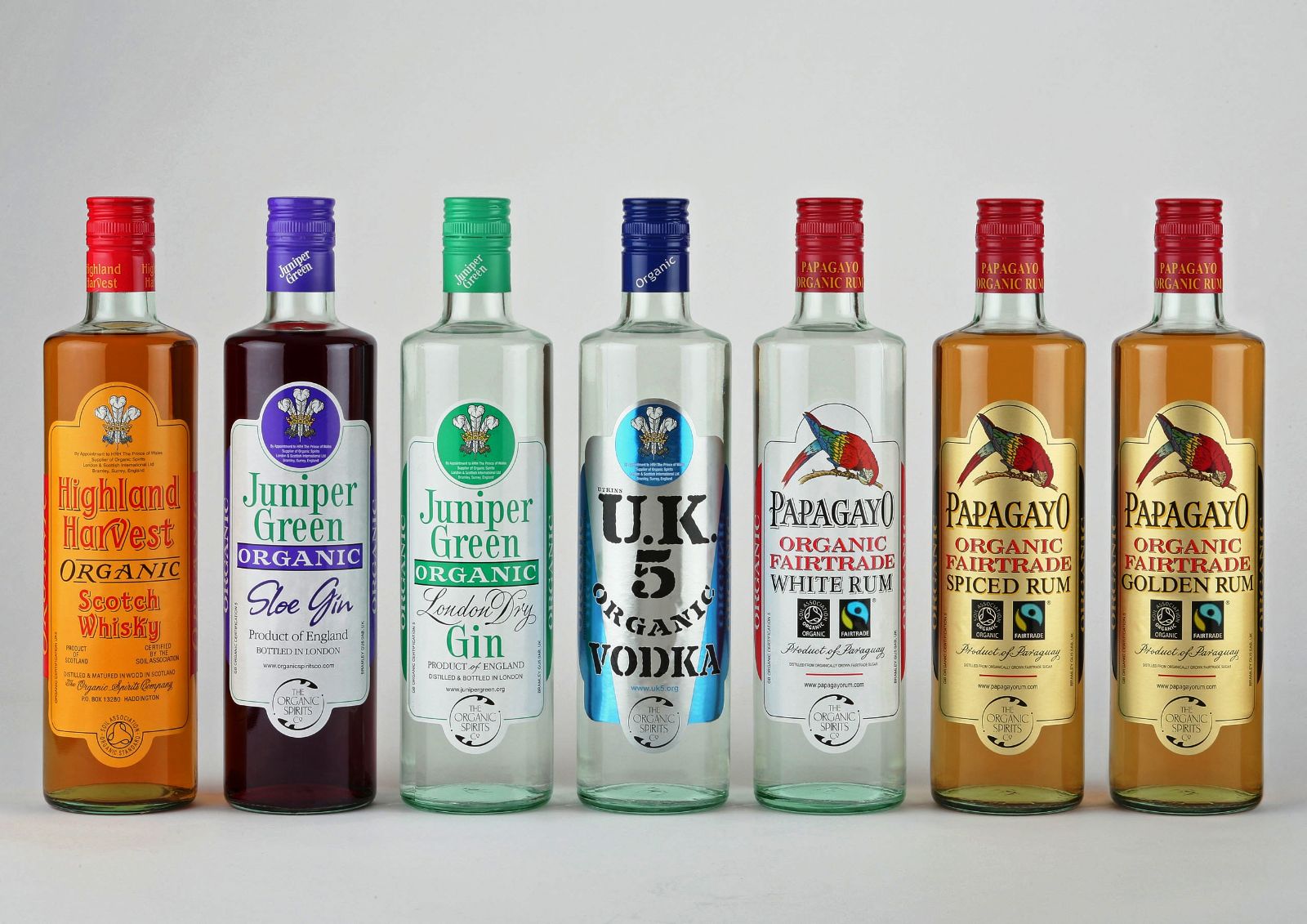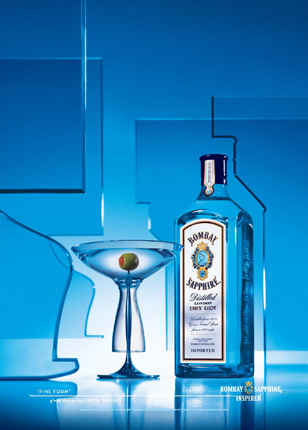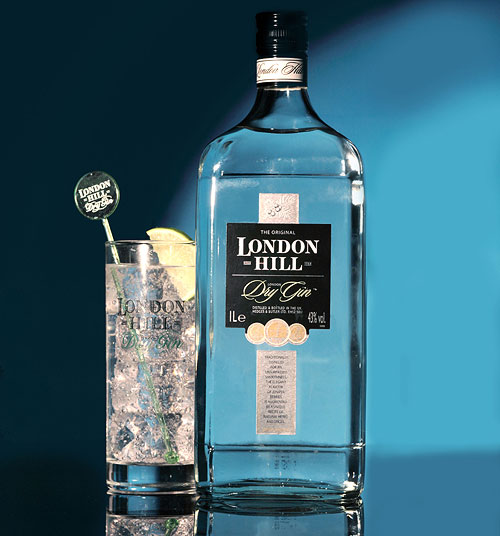Other Brands
Gin is a spirit which derives its predominant flavour from juniper berries (Juniperus communis). From its earliest beginnings in the Middle Ages, gin has evolved over the course of a millennium from an herbal medicine to an object of commerce in the spirits industry. Today, the gin category is one of the most popular and widely distributed range of spirits, and is represented by products of various origins, styles, and flavor profiles that all revolve around juniper as a common ingredient.

Types
Although several different styles of gin have evolved, it is legally differentiated into four categories in the European Union, with two of those four (Distilled Gin and Compound Gin) being officially recognised in the United States. The official European Union classifications are as follows:
Juniper-Flavoured Spirit Drinks - This represents the earliest class of gin, which is produced by pot distilling alcoholic grain wash and redistilling it with botanicals to extract the aromatic compounds. Due to the use of pot stills, the alcohol content of the distillate is relatively low (e.g. 68% ABV). This type of gin is sometimes aged in wooden barrels, retains varying degrees of flavour from the grain as a result of its distillation method and may be bottled with a strength as low as 30% ABV. Geneva Gin or Holland Gin is the most prominent gin of this class.

Distilled gin - Distilled gin is produced exclusively by redistilling ethyl alcohol of agricultural origin with an initial strength of 96% ABV (the azeotrope of water and ethanol) in stills traditionally used for gin, in the presence of juniper berries and of other natural botanicals, provided that the juniper taste is predominant. Gin obtained simply by adding essences or flavourings to ethyl alcohol of agricultural origin is not distilled gin.
London gin - London gin is obtained exclusively from ethyl alcohol of agricultural origin with a maximum methanol content of 5 grams per hectolitre of 100% ABV equivalent, whose flavour is introduced exclusively through the re-distillation in traditional stills of ethyl alcohol in the presence of all the natural plant materials used, the resultant distillate of which is at least 70% ABV. London gin may not contain added sweetening exceeding 0.1 gram of sugars per litre of the final product, nor colorants, nor any added ingredients other than water. The term London gin may be supplemented by the term "dry".

Gin - Gin or Compound gin is made by simply flavouring neutral spirit with essences and/or other 'natural flavourings' without re-distillation, and is not highly regarded.
- Drambuie wine (12/07/2013)
- Apfelwein (08/07/2013)
- Tequila Rose (05/07/2013)
- Nannerl (03/07/2013)
- Bacardi Gold (02/07/2013)
- Blue Curacao (26/06/2013)
- Sam seng wine company (29/03/2013)





